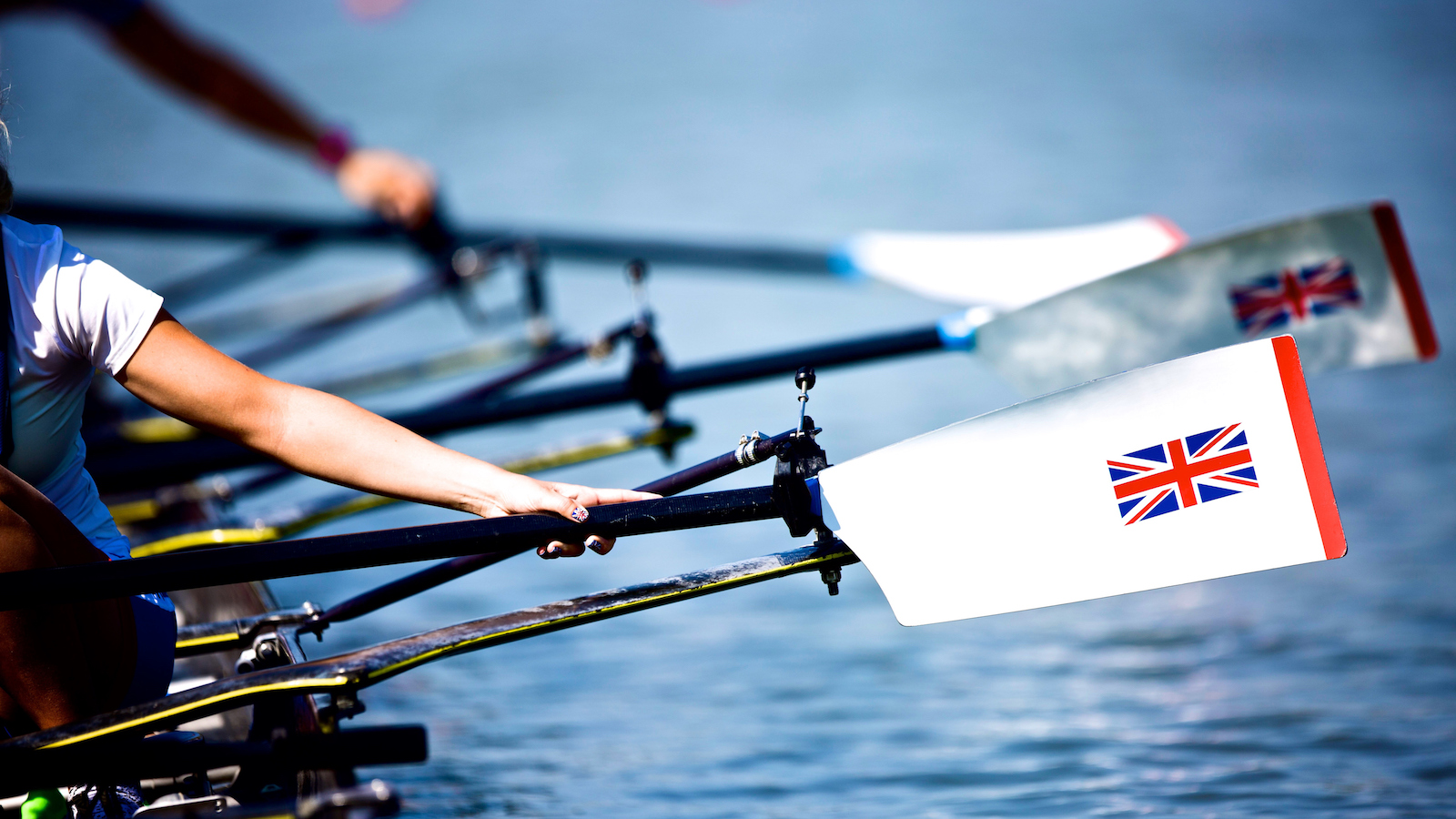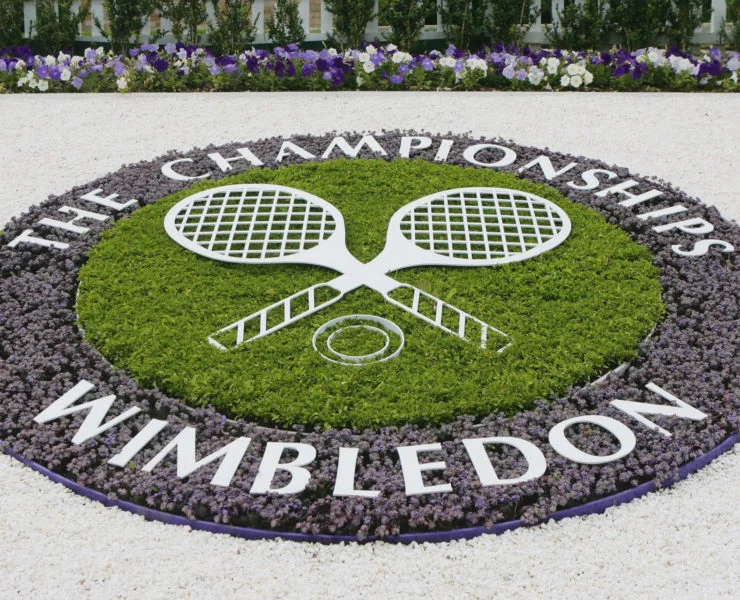In this article you will find:
Unlocking the Prestige: The Rise of Rowing as an Elite Sport in the UK
The Historical Context
Rowing in the UK has a rich and illustrious history dating back to the early 18th century. It was initially a form of transport for goods and people across the waterways. However, it quickly evolved into a competitive sport, with the first Oxford-Cambridge boat race taking place in 1829.
This annual event, known as The Boat Race, was the catalyst for rowing’s transformation into a prestigious sport. It began as a challenge between two old friends and evolved into one of the most anticipated sporting events in the UK. The Boat Race symbolizes not only the rivalry between the two oldest universities in England but also the prestige and exclusivity associated with rowing.
Rowing: An Elite Sport
Rowing has always been associated with the upper echelons of society, primarily because of its origins in the elite universities of Oxford and Cambridge. However, the sport’s prestige is not just about its association with affluent backgrounds.
Rowing requires a unique combination of power, endurance, coordination, and mental toughness. It demands long hours of training, often in challenging weather conditions, and a level of dedication that is not commonly found in other sports. The physical and mental demands of the sport, coupled with its historical background, have contributed to rowing’s status as an elite sport in the UK.
Celebrity Rowers
The prestige of rowing in the UK is further amplified by the involvement of several celebrities in the sport. James Cracknell, a two-time Olympic gold medallist, is perhaps the most famous of them. Cracknell’s achievements in rowing and his subsequent successful career in broadcasting have helped raise the sport’s profile.
Other celebrities who have embraced rowing include Hugh Laurie, the actor best known for his role in the TV series House. Laurie rowed while studying at Cambridge and competed in The Boat Race. His involvement in the sport has helped to bring it to a wider audience.
Rowing’s Influence on Lifestyle
Rowing has also had a significant influence on lifestyle in the UK. The sport’s emphasis on discipline, teamwork, and physical fitness has led to the creation of a rowing-inspired lifestyle, which includes a specific diet, fashion, and fitness regimen.
Rowing clubs have become social hubs, offering a place for people to connect, train, and compete. The rowing lifestyle is now seen as aspirational, contributing to the sport’s prestige and popularity.
The Future of Rowing
Rowing in the UK continues to grow in popularity. The sport is becoming more inclusive, with initiatives to encourage participation from a wider demographic. Despite these changes, the prestige associated with rowing remains intact. The sport continues to be seen as a symbol of dedication, physical prowess, and mental toughness.
Interesting Facts About Rowing
- The Oxford-Cambridge Boat Race is watched by millions of people worldwide every year.
- The longest rowing race in the world is the Ocean to City race in Cork, Ireland, which covers a distance of 28km.
FAQ
Q: How did rowing become a sport?
A: Rowing started as a means of transport but quickly evolved into a competitive sport, with the first Oxford-Cambridge boat race taking place in 1829.
Q: Why is rowing considered an elite sport?
A: Rowing’s origins in the elite universities of Oxford and Cambridge, coupled with its physical and mental demands, have contributed to its status as an elite sport.
Q: Which celebrities are associated with rowing?
A: Celebrities such as James Cracknell and Hugh Laurie have been involved in rowing, helping to raise the sport’s profile.
Q: How has rowing influenced lifestyle in the UK?
A: The discipline, teamwork, and physical fitness associated with rowing have led to the creation of a rowing-inspired lifestyle, encompassing diet, fashion, and fitness.
Q: What is the future of rowing in the UK?
A: Rowing continues to grow in popularity, with initiatives encouraging wider demographic participation. However, the sport’s prestige remains intact.




